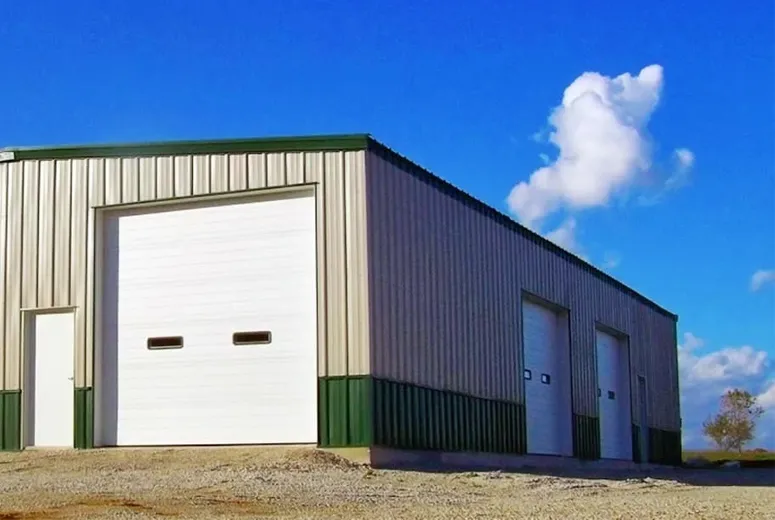- Afrikaans
- Albanian
- Amharic
- Arabic
- Armenian
- Azerbaijani
- Basque
- Belarusian
- Bengali
- Bosnian
- Bulgarian
- Catalan
- Cebuano
- Corsican
- Croatian
- Czech
- Danish
- Dutch
- English
- Esperanto
- Estonian
- Finnish
- French
- Frisian
- Galician
- Georgian
- German
- Greek
- Gujarati
- Haitian Creole
- hausa
- hawaiian
- Hebrew
- Hindi
- Miao
- Hungarian
- Icelandic
- igbo
- Indonesian
- irish
- Italian
- Japanese
- Javanese
- Kannada
- kazakh
- Khmer
- Rwandese
- Korean
- Kurdish
- Kyrgyz
- Lao
- Latin
- Latvian
- Lithuanian
- Luxembourgish
- Macedonian
- Malgashi
- Malay
- Malayalam
- Maltese
- Maori
- Marathi
- Mongolian
- Myanmar
- Nepali
- Norwegian
- Norwegian
- Occitan
- Pashto
- Persian
- Polish
- Portuguese
- Punjabi
- Romanian
- Russian
- Samoan
- Scottish Gaelic
- Serbian
- Sesotho
- Shona
- Sindhi
- Sinhala
- Slovak
- Slovenian
- Somali
- Spanish
- Sundanese
- Swahili
- Swedish
- Tagalog
- Tajik
- Tamil
- Tatar
- Telugu
- Thai
- Turkish
- Turkmen
- Ukrainian
- Urdu
- Uighur
- Uzbek
- Vietnamese
- Welsh
- Bantu
- Yiddish
- Yoruba
- Zulu
Oct . 21, 2024 05:07 Back to list
The Importance of Insulated Farm Buildings Enhancing Efficiency and Sustainability in Agriculture
In the modern age of agriculture, farmers are constantly seeking ways to improve productivity while minimizing costs and environmental impact. One of the most effective strategies that has emerged is the use of insulated farm buildings. These structures not only provide essential shelter for livestock and storage for equipment but also significantly contribute to energy efficiency and environmental sustainability.
Understanding Insulated Farm Buildings
Insulated farm buildings are designed with materials and construction techniques that help maintain stable internal temperatures, regardless of external weather conditions. This insulation can come in various forms, including foam boards, fiberglass, or more advanced materials such as insulated concrete forms (ICFs). The aim is to reduce heat loss in winter and cool air loss in summer, thereby creating a more stable and comfortable environment for both animals and produce.
Benefits of Insulating Farm Buildings
1. Energy Efficiency One of the most immediate benefits of insulated farm buildings is the reduction in energy consumption. Heating and cooling account for a substantial portion of energy use on farms. By maintaining a regulated temperature inside the buildings, farmers can significantly cut down on energy costs associated with running heating systems in the winter or cooling systems in the summer.
2. Improved Animal Welfare Livestock health is directly linked to their living conditions. Insulated buildings provide a stable environment that mitigates extreme temperatures. This is particularly important for sensitive species such as dairy cows, pigs, and poultry. Improved comfort leads to better feed conversion rates, higher milk production, and overall healthier animals.
insulated farm buildings

3. Better Crop Storage Insulation isn’t only beneficial for livestock. For farmers who store grains, fruits, and vegetables, insulated buildings help maintain optimal storage conditions. These buildings can protect produce from temperature swings and humidity, thereby reducing spoilage and extending shelf life. Farmers can ensure their products remain fresh, which can lead to higher profits when selling to markets.
4. Environmental Impact The agricultural sector has a significant carbon footprint. By investing in insulated farm buildings, farmers can lower their energy usage, thus reducing greenhouse gas emissions. The use of sustainable materials in the construction of these buildings can further lessen environmental impact. This aligns with the growing consumer demand for sustainably farmed products and practices.
5. Longevity and Durability Well-insulated buildings are generally more durable and require less maintenance over time. The initial investment in quality insulation can pay off in reduced repair costs, longer lifespan of the building, and less need for frequent renovations.
Financial Considerations and Incentives
While the upfront cost of constructing or retrofitting insulated farm buildings can be substantial, government grants and subsidies are often available to help offset these costs. Many agricultural programs focus on sustainability and energy efficiency, providing funding that makes the modernization of farm buildings more accessible. Furthermore, the long-term savings in energy bills can lead to a swift return on investment.
Conclusion
In summary, insulated farm buildings play a fundamental role in modern agriculture by enhancing energy efficiency, improving animal welfare, ensuring better crop storage, and minimizing environmental impact. As the agricultural sector continues to face challenges related to climate change, resource scarcity, and the demand for sustainable practices, the importance of insulated buildings cannot be overstated. Farmers who embrace insulation technology not only improve their operations but also contribute to a more sustainable future for the industry. The trend toward improved building efficiencies is not just a practical move—it is a commitment to sustainable agriculture in an ever-evolving world. By prioritizing insulation, farmers can build resilience against the uncertainties of weather and market demands, ensuring their operations thrive for generations to come.
-
How Do Prefabricated Steel Structures Transform Modern Construction?
NewsJul.14,2025
-
How Do Prefabricated Metal Buildings Redefine Modern Construction?
NewsJul.14,2025
-
How Do Prefab Insulated Metal Buildings and Steel Structures Revolutionize Modern Construction?
NewsJul.14,2025
-
How Do Pre - Engineered Steel Structures Redefine Modern Construction?
NewsJul.14,2025
-
Advancing Modular Construction with Prefabricated Metal Structures
NewsJul.14,2025
-
Advancing Industrial Infrastructure with Prefabricated Steel Solutions
NewsJul.14,2025
Products categories
Our Latest News
We have a professional design team and an excellent production and construction team.












